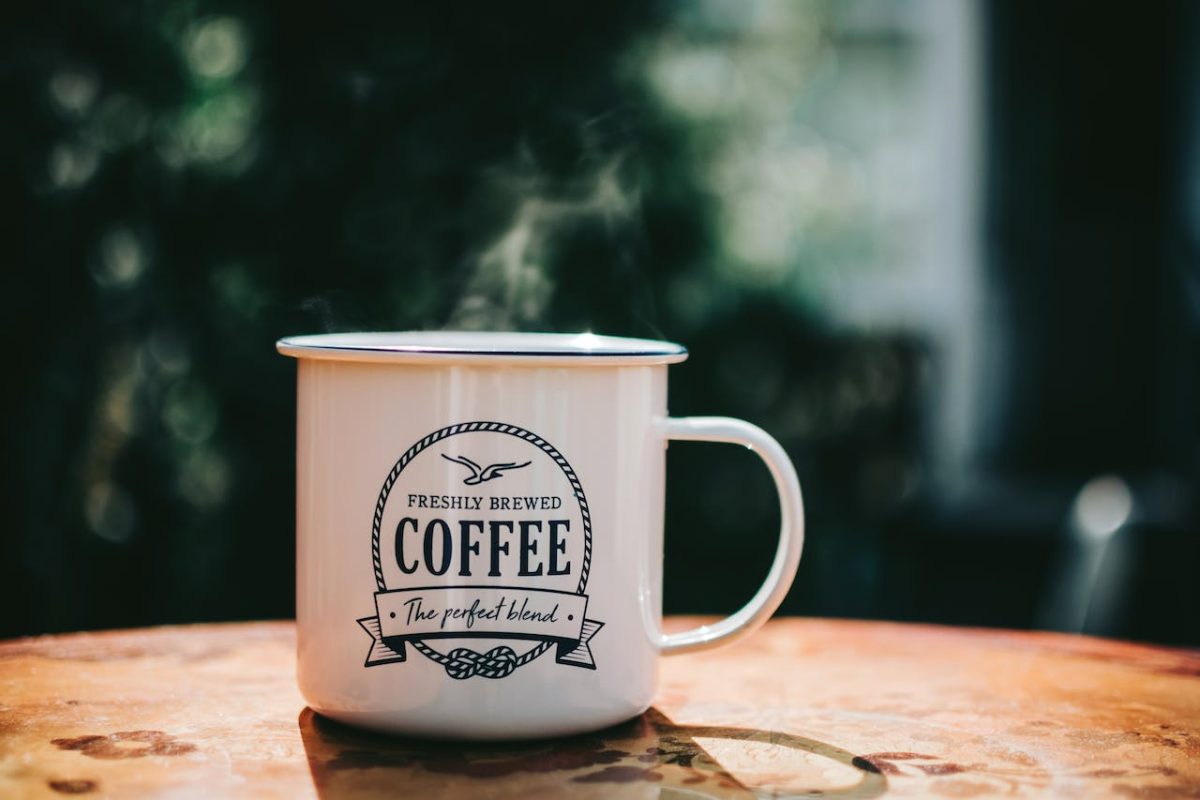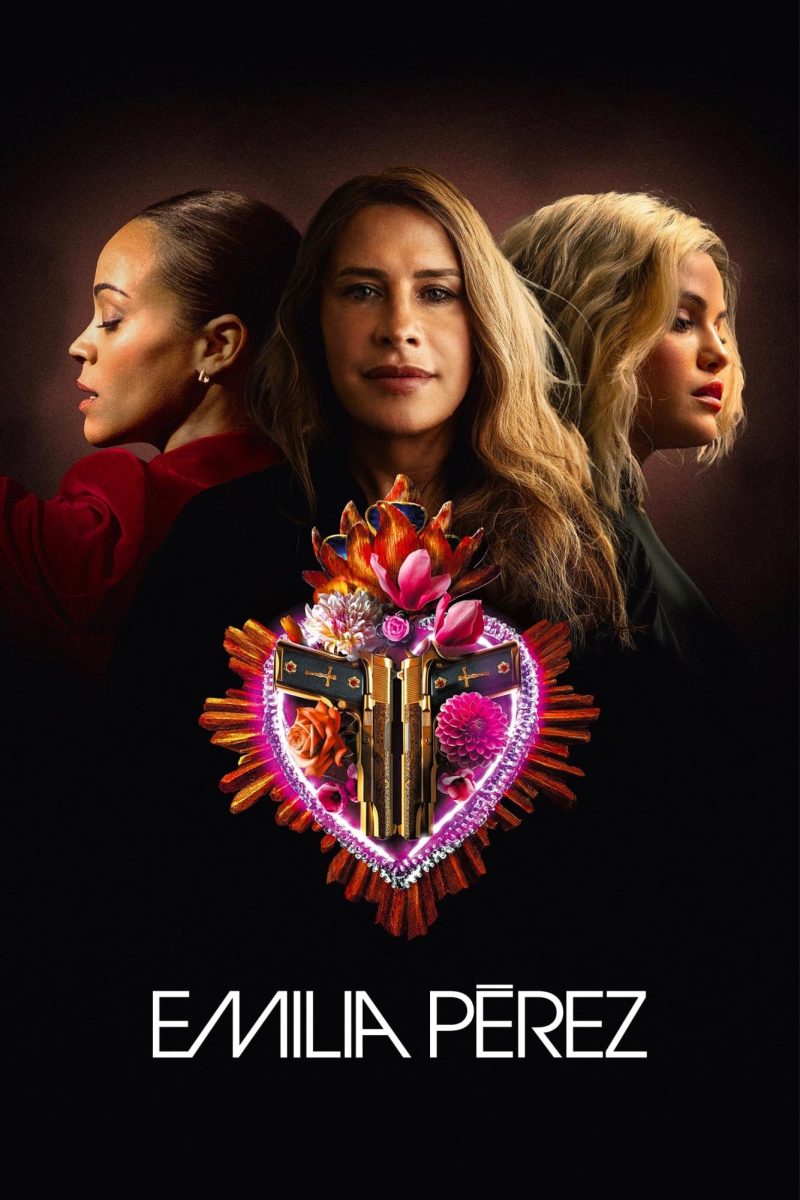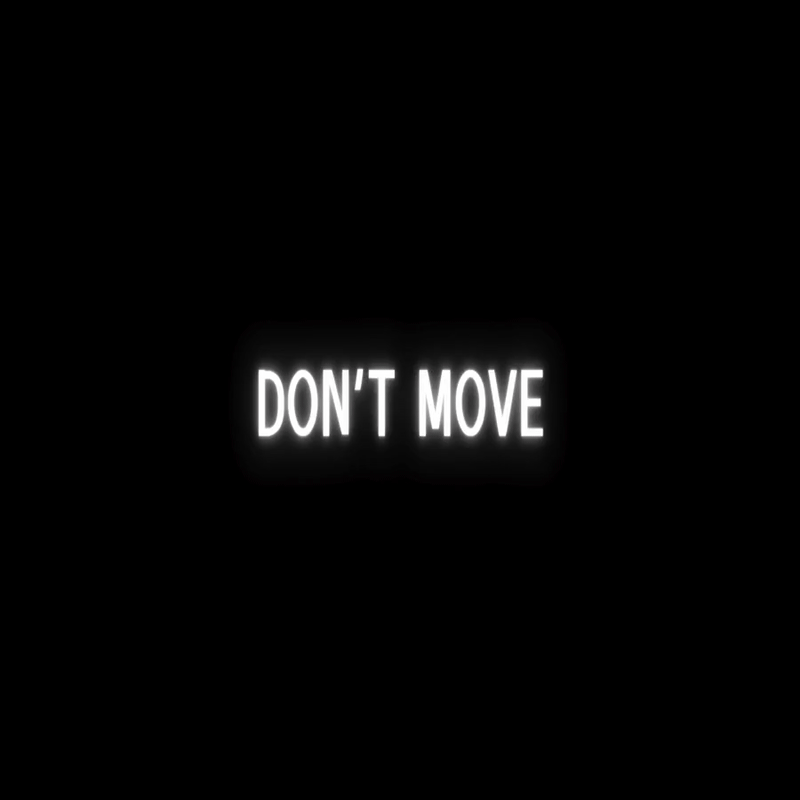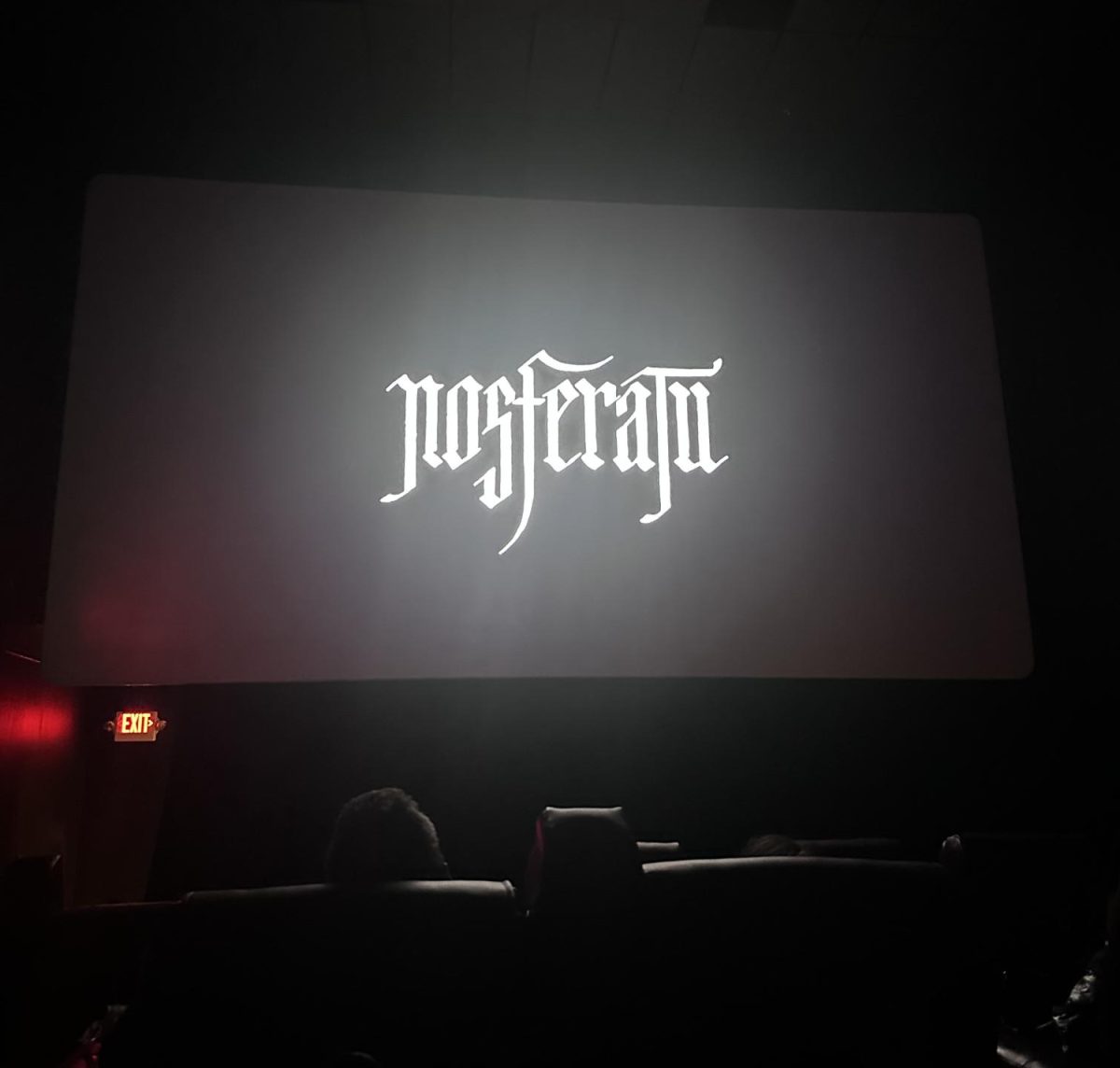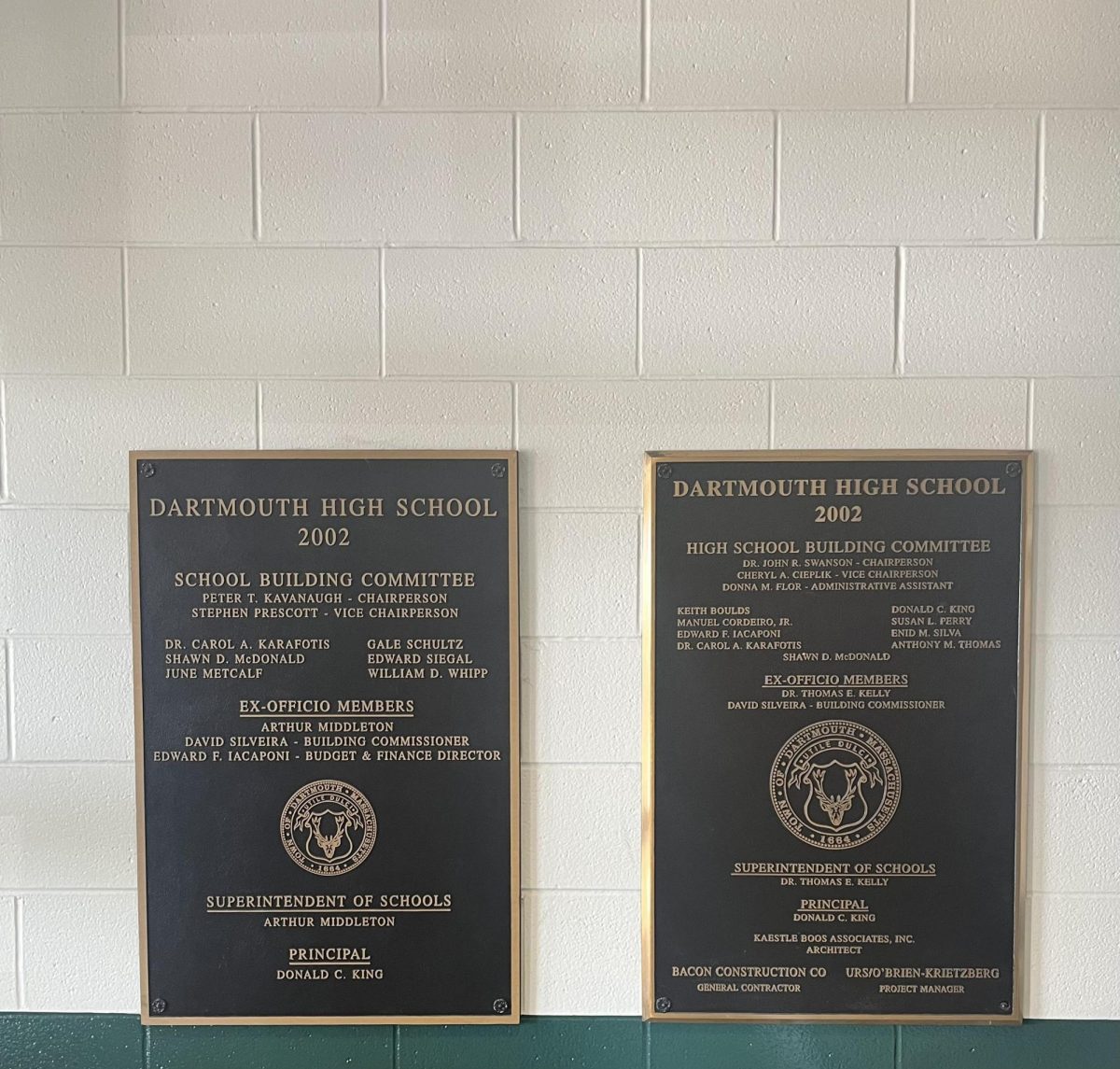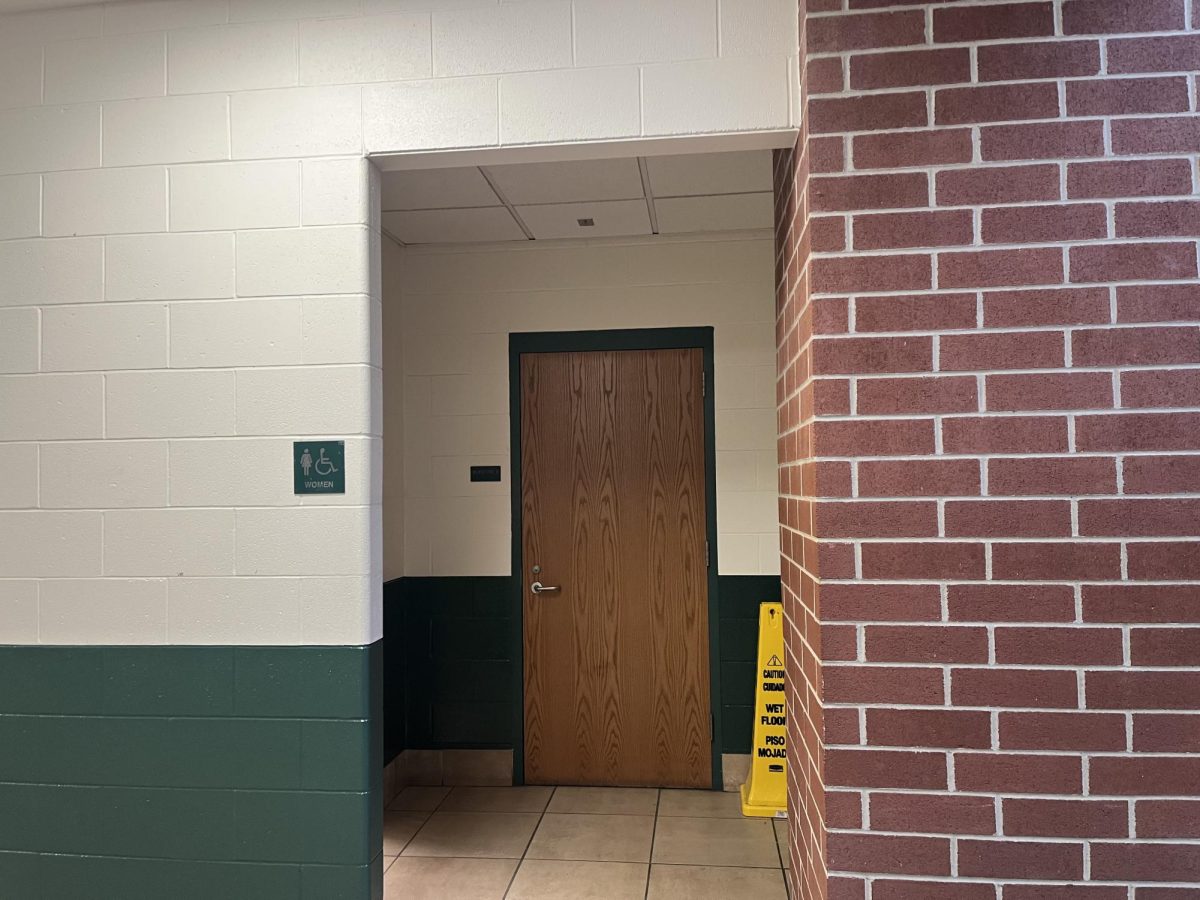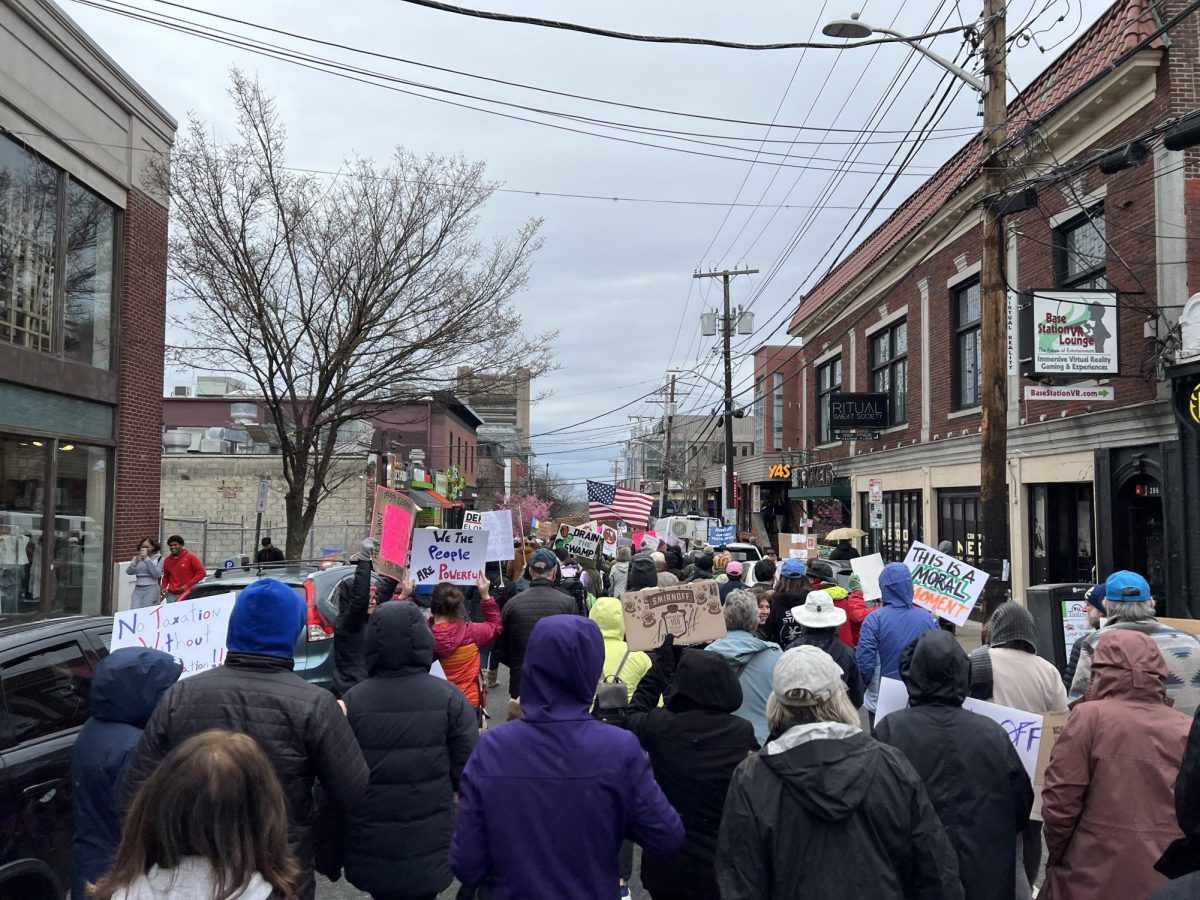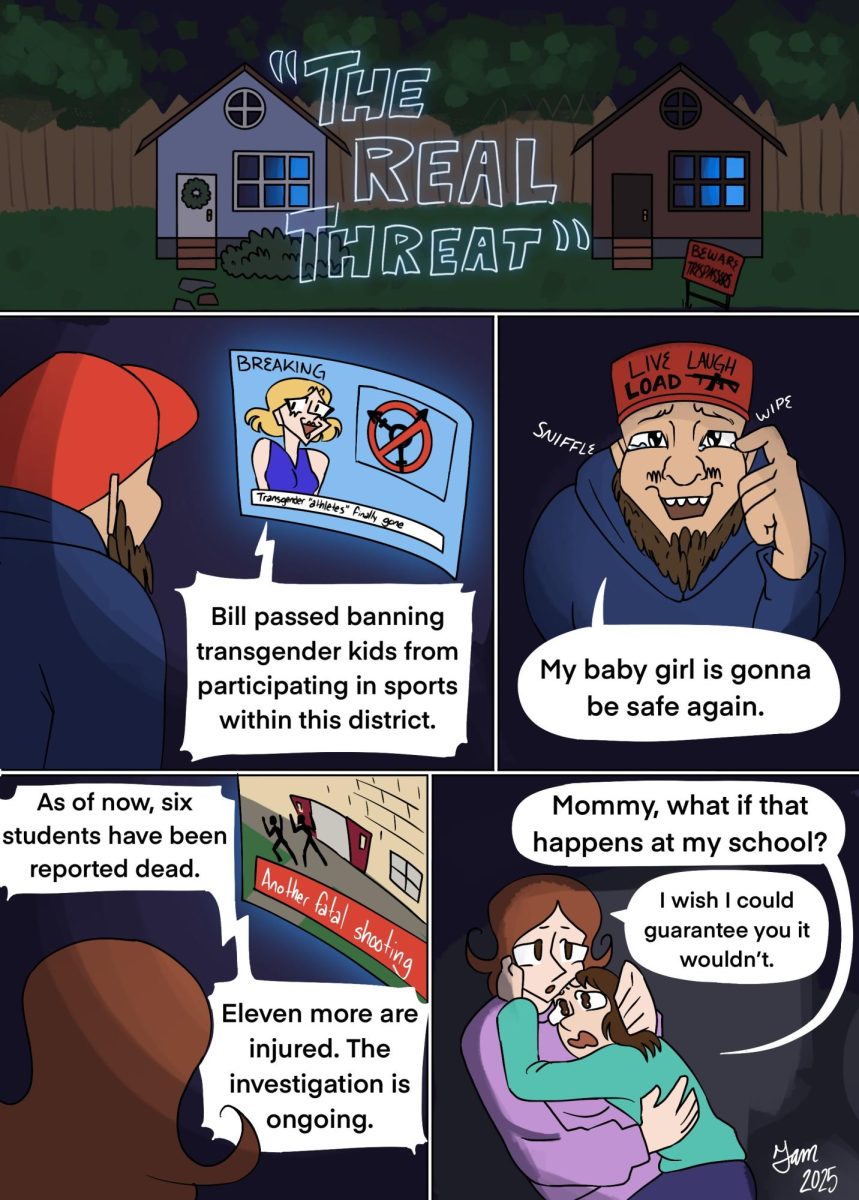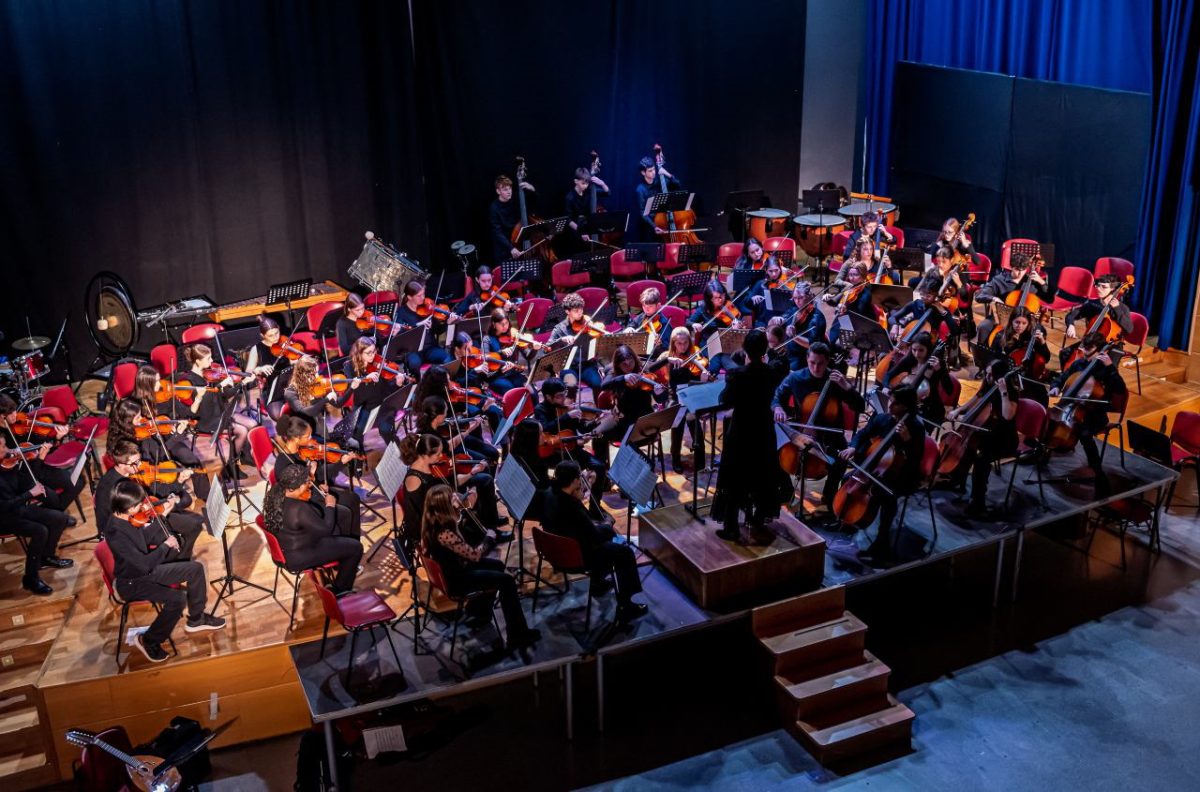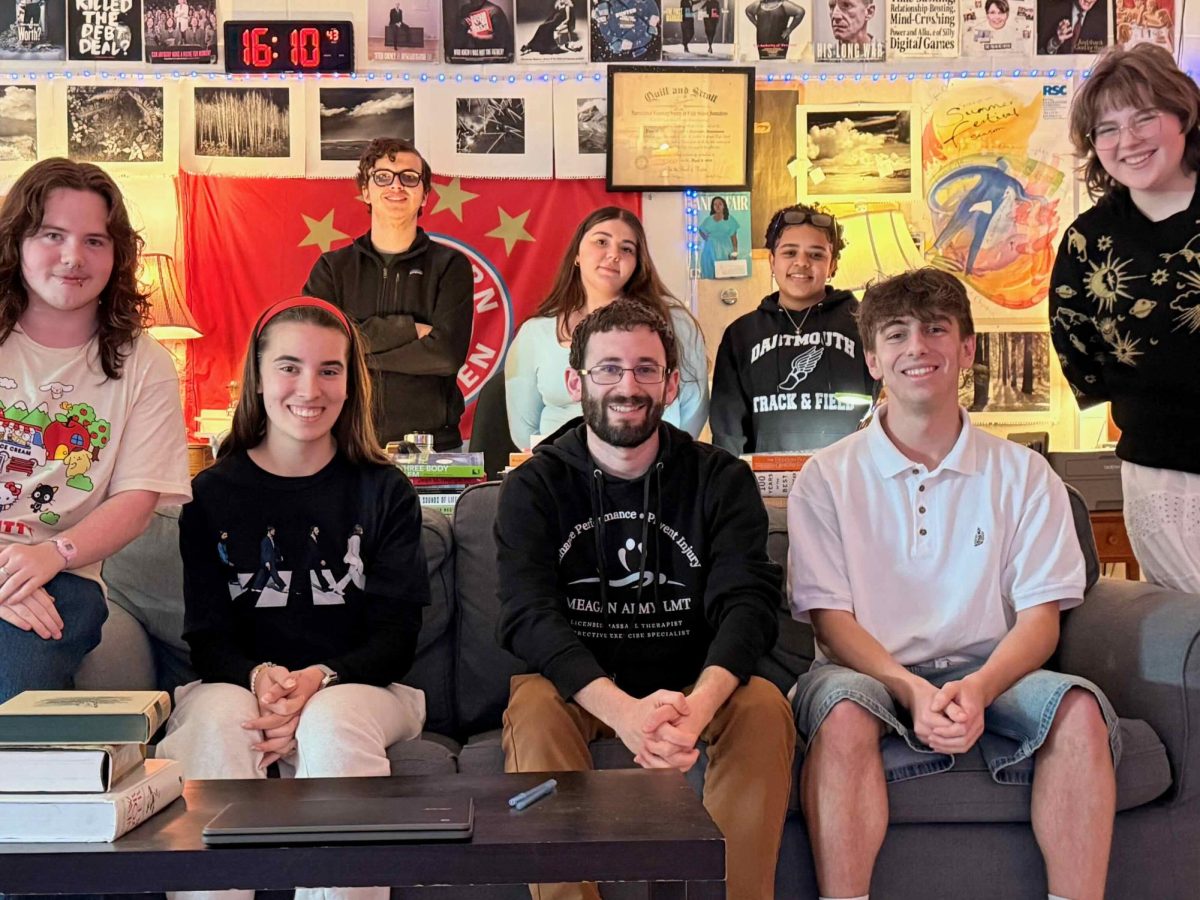It always irked me when someone would say, “Caffeine is a drug!” as I’m chugging my second Red Bull for the day (after my morning colossal coffee, of course). As if I am supposed to throw it away and go cold turkey on the spot. “If it’s a drug, then why am I not dead?”is my usual response.
However, I never considered how much of a drug caffeine really was, until I realized I can’t picture a life for myself without at least one cup of coffee in the morning and is that a bad thing? Is it necessarily horrible to be addicted to something that enhances your performance, that makes dealing with the public more bearable, and days that drag, drag less?
Apparently according to multiple studies, including an article done by the Alcohol and Drug Foundation, on how caffeine can induce anxiety, poor appetite, headaches, irritability, irregular heart rate, dehydration, tremors, nausea, seizures, delirium, and even death, it is. However, because I, like many others, will die on this hill of espresso and pure C₈H₁₀N₄O₂, let’s temporarily set aside the fatal side effects and focus on the why, and how of caffeinated beverages.
Caffeine is a stimulant, like nicotine, cocaine, and methamphetamine. Unlike all those drugs however, you will not get arrested for consuming a delicious cup of Tim Hortins, or get interventions from concerned loved ones (most of the time). So why isn’t caffeine illegal?
Mostly because our economy depends on it, and caffeine is so deeply rooted in our culture, that to make it a controlled substance would reshape the Western identity. According to the National Coffee Association, coffee alone is a $343.2 billion industry in the U.S., while cocaine is estimated to be about $100 billion, according to the RAND corporation. While caffeine enables and enhances workers’ performance, it is estimated that the drug economy costs $151.4 billion and 10.8 million full time workers for the U.S. lose their jobs due to substance abuse (methamphetamine, cocaine, marjuana, heroin) according to the Substance Abuse and Mental Health Administration.
And besides, what’s society without coffee? New England has built its identity around Dunkin’ and Ben Affleck dropping Munchkins. Starbucks is for the bourgeois working society and Tim Hortin’s is exclusively for Canadians. According to a survey done by the dating app Clover, the number one first date is Starbucks: 53 percent of women prefer first dates to be at coffee shops, and 31 percent of men. Coffee shops are a center for modern communion. You have people working on laptops, people on dates, and people trying to fight off a hangover all gathering in one haven where people seem to be the most distilled to their own personality. The obsession with coffee predates the dominance of western culture, according to How Coffee Fueled Revolutions— and Revolutionary Ideas by Jessica Rotondi, because bars were prohibited in Muslim culture, the Ottoman Empire opened the first coffee shop. From there the Enlightenment was brewed with the birth of sober conversation among differing peoples, and so was the French Revolution; and as a coffee enjoyer, I have no doubt if you got enough people hyped up on coffee to sit in a room with no WiFi, a revolution would be imminent. From finishing a Theseus to beheading the aristocracy, caffeine numbs existential dread, and fuels self-efficacy in a poignant way.
Without caffeine Western society may be on the brink of collapse. Being addicted to Red Bull, espresso, or black coffee (or all three), can be an immediate bond to strangers who enjoy the same poison as you. Without the morning kickstarter, most of us wouldn’t make it out of bed, and without coffee alone, a critical portion of the economy and jobs would collapse, and the course of history would be forever changed. The health effects are real, but the implications on society and the economy evidently outweigh the risk day after day, which speaks on the priorities of Western culture as a whole.

